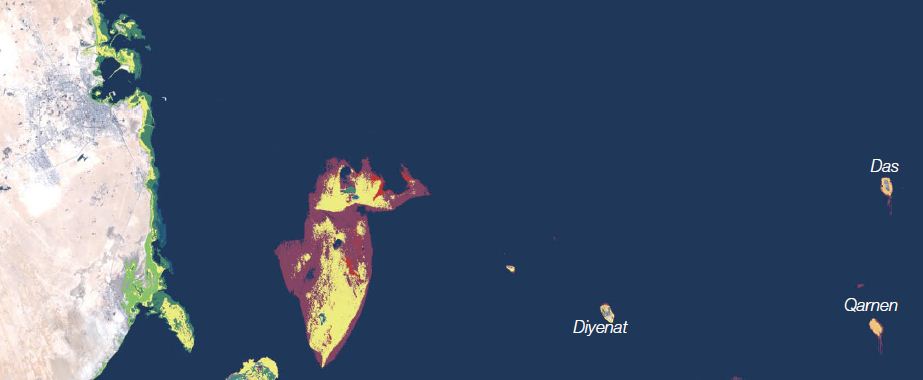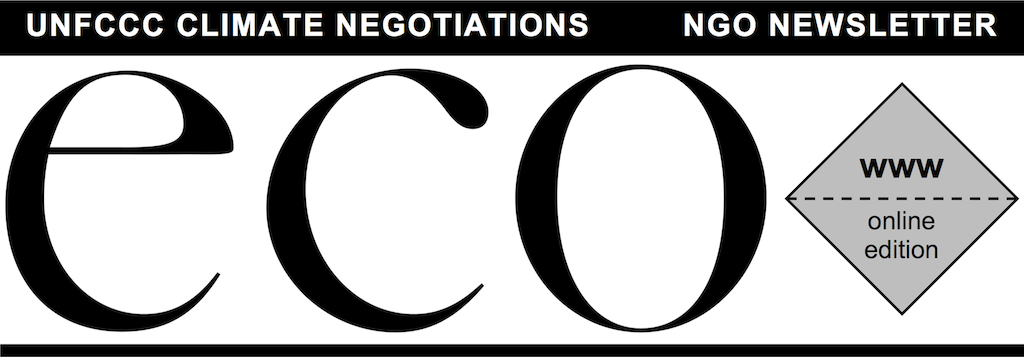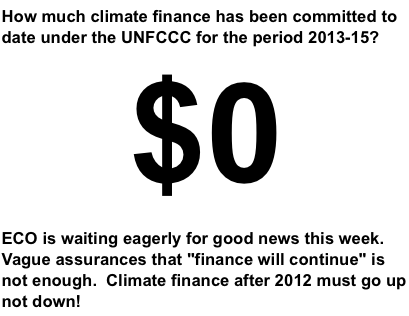Ministerial Manners When Dining in Doha
Most developed countries came to Doha eager to move on to a new track of negotiations, even while several critical issues from recent years of the talks are left unresolved. It is vital these issues are addressed before the talks move on.
Like all good mothers, ECO wants to tell developed country ministers they can’t have their dessert before they have finished their mains, including all their vegetables. They need to eat up fast, because we won’t solve the climate crisis until everyone in these talks has finished their meal.
Developed countries have responsibilities under both the Kyoto Protocol and the LCA track that must be fulfilled in Doha. Chief among these are a second commitment period of the KP – and one that is worth the paper it is written on – raising their mitigation ambition, and showing how they are going to deliver their $100 billion per year climate finance commitment. Unless these things are delivered, the new Durban Platform (ADP) track will lack the solid foundation it needs to ensure a step change in climate action in the years ahead.
But with the resolution of these issues and this foundation laid, the ADP can and must kick start a new era of climate negotiations in a spirit of trust, solidarity and collective action.
... Read more ...






